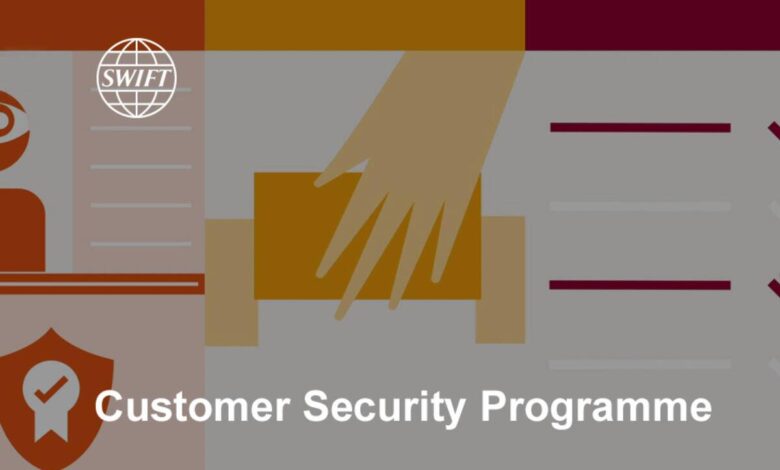Securing Swift Payments in an Evolving Threat Landscape

Picture a sprawling global network facilitating the movement of trillions of dollars across international borders on a daily basis. This is the reality of SWIFT payments, which are crucial for global financial transactions. However, similar to any crucial system, SWIFT payment necessitates strong security measures to safeguard them against ever-changing threats.
Gaining Insight into the SWIFT Landscape
SWIFT, also known as the Society for Worldwide Interbank Financial Telecommunication, plays a crucial role in facilitating global financial transactions. It serves as a reliable messaging platform that enables seamless communication between financial institutions for various purposes, including fund transfers and trade finance. Due to its high level of efficiency, it becomes an attractive target for cybercriminals.
The 2016 Bangladesh Bank heist, which saw hackers successfully infiltrate the bank’s systems and make off with millions, served as a stark wake-up call. It revealed weaknesses in SWIFT communication and emphasized the importance of implementing a comprehensive security strategy.
The Changing Nature of Threats
Cybercriminals are always finding new ways to carry out their schemes. Phishing emails, malware attacks, and social engineering schemes are just a few tactics they employ. These threats have the potential to take advantage of vulnerabilities within a bank’s internal systems or focus on SWIFT messages directly.
In addition, the growing reliance on automation and interconnectedness in the financial system introduces new vulnerabilities. These complexities can be exploited by malicious individuals to gain unauthorized access to critical systems and manipulate SWIFT messages.
Strengthening the Safeguards: A Team Effort
Thankfully, the world of finance is constantly evolving. SWIFT has implemented the Customer Security Programme (CSP), a framework that establishes strict cybersecurity standards for member institutions. Regular security assessments, strong authentication protocols, and incident response planning are essential for ensuring the safety and protection of your systems.
Collaboration plays a crucial role in combating cybercrime. Through the exchange of threat intelligence and the implementation of best practices, financial institutions can proactively address and mitigate emerging threats. Efforts such as the Financial Services Information Sharing and Analysis Center (FS-ISAC) facilitate a crucial exchange of information.
Going Beyond the Basics: Implementing Advanced Security Measures
Although having strong foundational controls is crucial, it is important for financial institutions to go above and beyond the basics. Implementing advanced security measures such as multi-factor authentication and anomaly detection systems can significantly enhance your defense mechanisms.
Implementing multi-factor authentication enhances the security of login attempts, significantly raising the bar for unauthorized users trying to gain access to systems. By analyzing SWIFT message traffic, anomaly detection systems have the ability to identify patterns that deviate from the norm, potentially signaling fraudulent activity.
The Human Factor: The Significance of Awareness
Technology is an important component, but it is not the sole solution. It is just as crucial to provide staff with knowledge about cyber threats and best practices. It is crucial for employees to stay vigilant against phishing attempts, be cautious of suspicious emails, and ensure the secure handling of sensitive information. Regular training programs are essential in ensuring that staff remain vigilant and avoid unintentionally becoming a security risk.
The Path Forward: Perpetual Watchfulness
Ensuring the security of SWIFT payments is a constant challenge. It is crucial for the financial industry to stay alert as cybercriminals are always finding new ways to exploit vulnerabilities. With a comprehensive strategy that incorporates strong security measures, effective teamwork, and employee education, organizations in the financial sector can establish a formidable barrier against ever-changing risks and maintain the uninterrupted progression of international commerce.
The future of SWIFT payments relies heavily on the industry’s dedication to ensuring robust security measures. By staying proactive and consistently improving security measures, financial institutions can protect the integrity of this crucial financial infrastructure.



